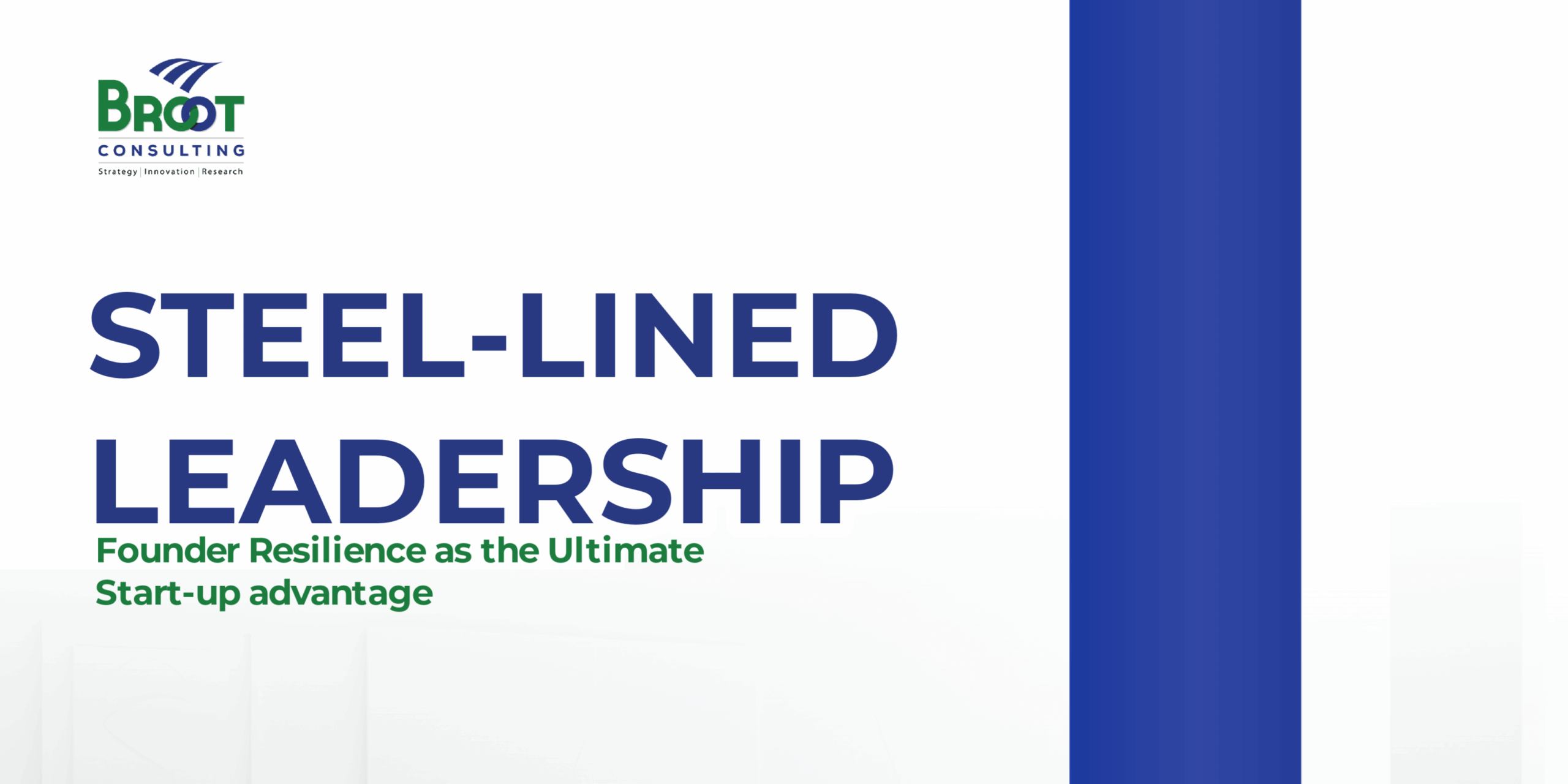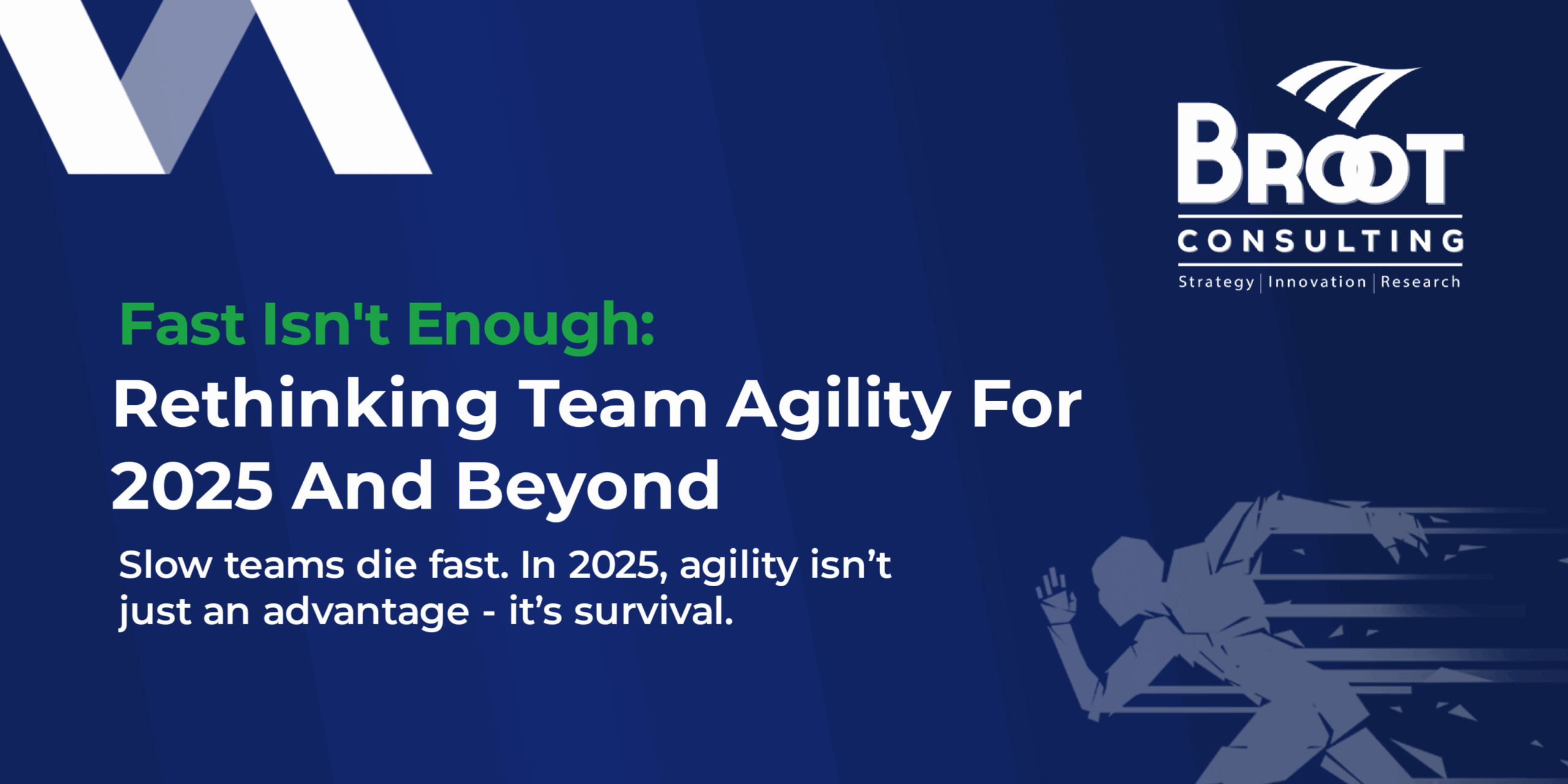Once Upon a New Job
To be a worker is tough. Engagement rules are broken at will and practices that lower employee’s self-esteem are rampant. Employees get intimidated easily, leaving only a fraction of a fraction of the employed happy and passionate about the job. I get to mentor young people from time to time, and recently, one of my mentees who just changed her job shared with me an experience that depicted these commonalities in the employers’ labour market.
As soon as she started the new job, she was very excited, however, just two weeks into the “better job”, she began to feel the heat of the workplace. To get to the office by 8 am she has to wake up by 5am and when she closes at 8pm, she gets home past ten. That was normal until she found out that 10pm was not the end of work. Her boss called and requested that she completes another work task and send to him that night. With all the strength that she can, she does the work and sends it in at 1 am. She was not worried at first because she thought that it is just for that day. She was wrong. It continued night after night, depriving her of her cherished sleep and rest.
One day, she was asked to leave the office and go back home just because she got to the office seven minutes after the resumption time. She called me, and I gave her a piece of advice that she shouldn’t leave but wait until her boss called her in, the boss never did until 1 pm, and even when he did, his verdict was that she was going to lose one day’s wage. She felt bad. All these days she had been putting extra time, there had been zero compensation whatsoever. Now just for seven minutes, she lost a whole day’s wage.
The above story is one of the many. Perhaps, some may consider that for having a job at all, she is one of the fortunate ones. She lives in Africa’s most populous country and largest economy in the continent with a population of over 200 million. The general unemployment rate is about 25%; however, unemployment among the youth age 18-35 years is 55.4% while 58.1% of the youth in this age bracket are underemployed.
The State of the Job Market in Developing Nations
Many employers today have created environments where employees do not feel valued. After all, jobs are scarce, and they live under the illusion that most of the employees are grateful that they have the job, and if they quit, they are easily replaceable. To paint the picture graphically, Andrew Nevin, Advisory Partner and Chief Economist at PWC Nigeria said being young in Nigeria is “very challenging”. He explained that “Graduates from universities have a great deal of difficulty in getting established. People that didn’t go to university who should be getting vocational training are not getting it. They’re not getting into formal employment. Given the scale of Nigeria, it’s a challenge not just for Nigeria, but for Africa and the whole world.”
High Unemployment and Conditions of Service in the Labour Market
The high unemployment rate is a motivation for many employers to adopt a pick-and-drop strategy routinely. Therefore, a complete disregard for a fair employment contract, unnecessary bullying, harassment, unfair reward system, poor condition of service, homogeneity and total lack of diversity and inclusion.So long as the unemployment rate is high, the above-illustrated situation will continue unabated. So how can young people and small business owners survive in a harsh job market? My views are as follows:
1. Understand the condition of the environment: while getting a job is a “battle” and getting a good-paying job in a struggling economy like Nigeria’s is a “war”. It would be best if you had full awareness of the market in which you live. This self-awareness will enable you to develop the right skills and strategy to excel.
2. Have a baby courage: courage is the first ingredient required to succeed in life. Recall that as a baby, you had the nerve – this is why you learn to sit and stand, and when you fall, you still try again and again. Without courage, you will succumb to the tyranny of the moment, intimidation, erosion of self-esteem, even that which you know very well will become difficult for you to remember and practice. So thrive to develop the courage to live the best
“while getting a job is a “battle” and getting a good-paying job in a struggling economy like Nigeria’s is a “war”.
3. Do away with the entitlement mentality: nothing good comes cheap, stop the blame game and the entitlement mentality. You are lucky enough to get an education, ensure you get the right training and make the best use of the knowledge. The entitlement mentality is an enemy of excellence. The only thing you are entitled to is that which you fought for and earned. The era of Socialism is gone, expect nothing from no one. Sometimes, it is very healthy to pretend that you have no one when you do so that you can stretch yourself to the point of recognition. The Entitlement Mentality will keep you in the average zone; the world does not need almost good enough. In this digital and highly volatile economy, a “Platter of Gold” is an illusion, if you want it on gold, you must go for the gold.

4. Be so good that you cannot be ignored: in The 8th Habit, Stephen Covey narrated a story that occurred during the war between Spain and the United States. President McKinley needed to get a message quickly to a Cuban revolutionary known as Garcia. No one knows where Garcia was hiding, and no one knew how to get to him. He was hiding somewhere on the island of Cuba – out of reach of mail or telegraph. Someone, however, suggested that if anyone could locate him that person will be Officer Rowan in Washington D.C. Rowan got the message and without asking an idiotic question such as “Where is he at? How do I get there? What do you want me to do when I’m there? How will I get back?” He just took the message and figured out how to get to Garcia. Develop the skills to figure out the problems and solutions. You cheapen yourself if you keep asking mundane questions, be imaginative and take the initiative otherwise; you will come to your boss as incompetent.
“The Entitlement Mentality will keep you in the average zone; the world does not need almost good enough.”
5. Put your mind to work by acquiring rare and valuable skills: equip yourself with unique and valuable skills. How did Officer Rowan go about the task? He took a train to New York, a ship to Jamaica and broke the Spanish blockade to get to Cuba in a sailboat. Then wild carriage rides, marching and riding through the Cuban jungle. Nine days of travelling later, Rowan got the message to Garcia at 9 am. That same afternoon at five, he started his return journey to the United States. You must know your onions, be creative and imaginative. Be like Officer Rowan because workers like him are needed everywhere. Mr Hubbard Stated further in the story that “Civilisation is one long, anxious search for just such individuals. Anything such a man asks will be granted; his kind is so rare that no employer can afford to let him go. He is wanted in every city, town and village – in every office, shop, store and factory.” To thrive in the employers market make yourself of great value and employers shall struggle to have you.
6. Adopt continuous re-orientation and re-education: the skill to learn, unlearn and relearn is of extreme importance in this age of disruptions. Don’t get fixated in your way of doing things or in the knowledge that you have acquired, the knowledge ground today is profoundly shifting. You have no excuse in obtaining the right knowledge and deep understanding of the subject, once you can read and write you can teach yourself anything, and then stop hiding under the deficient school curriculum
7. Be open to a non-linear career path: Landing a job and working your way up in the homogeneous line of duties is not very plausible anymore. Being open and working on your competencies with this in mind, provides you with more opportunities. Also, you garner experience in different environments and Industries in the process. Be careful though, not to misinterpret this as being a jack of all trade and master of none. The avenues you explore should all be in line with a vision. The process might make you take a little longer than it should in achieving certain things, or make you think you are starting over sometimes, but it does not mean advancement is not taking place.
“In this digital and highly volatile economy, a “Platter of Gold” is an illusion, if you want it on gold, you must go for the gold.“
8. Develop and expand your network: embrace meaningful network, many time we spend quality times with wrong association and less meaningful task. To thrive in this age, you must build a significant network that enables you to collaborate with others to deepen your knowledge and understanding.
Conclusion
To survive in the age of unprecedented disruptions, you must gain control over your life; you must understand what you want out of life and be determined to get it regardless of the sacrifice. Many individuals with great potential get stuck because they are afraid to leave the seemingly “safe/comfortable” career path for a more compelling existence. They put up with the impossible condition and limit their growth only to regret it in the long run. Organisations with unhealthy labour practices will also deprive themselves of talented, highly skilled and committed workers. What you give is what you get and if all you give to the people that are supposed to build your organization a below-average treatment, you will get a below-average performance in the market place.
- Olukunle A. Iyanda PhD, FCA, SNFLI.
- Managing Partner DesignThinkers Group, Nigeria
- Human-Centric Design Led Innovation Consultant.
- Founder/CEO, BROOT Consulting Nigeria Limited.




